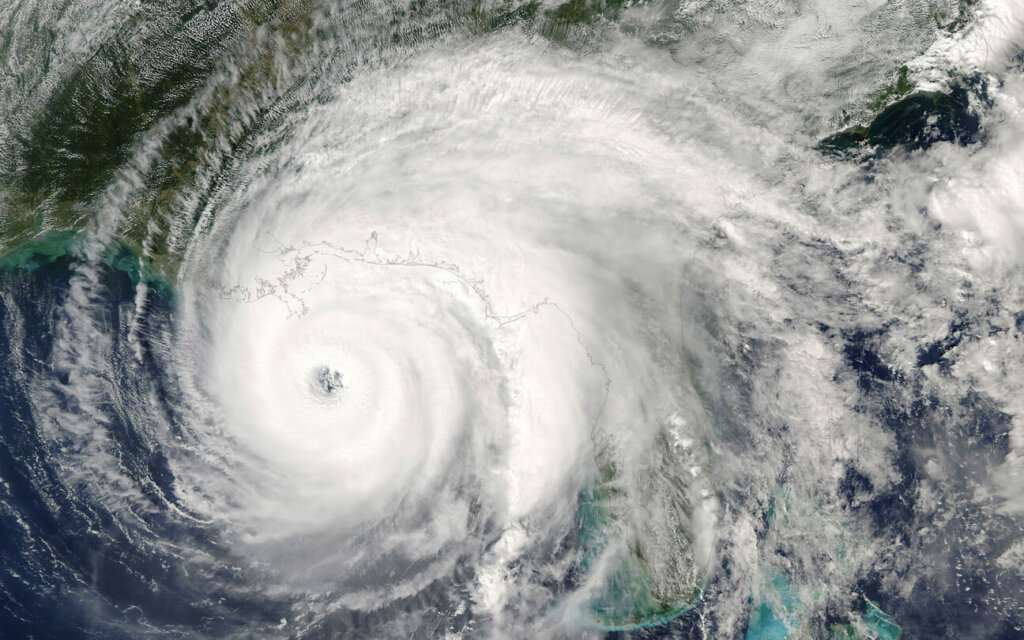Compass Customer Summit Series
 The Complexity of Real-world Operations
The Complexity of Real-world Operations
Real-world operations are everything but static, anything but linear, and continuously disrupted. More than ever before, the ability to deliver important services and products has become a sought-after differentiator for every industry. Continuity of operations has become the core pillar of brand and customer trust.
Let’s take a look at recent history, using one of the most refined and progressive information-recording tools in modern history… the meme.

Disruption has become a big part of our everyday narrative.
![[Me Arriving Late to Things] Sorry supply chain problems meme](https://www.fusionrm.com/wp-content/uploads/2022/08/supply-chain-meme2-300x128.png)
Salesforce’s 2022 State of the Connected Customer report found that 88% of customers believe that trust is more important in times of great change. Empty shelves, application downtime, data breaches, surging prices, travel woes… we’ve all lived disruption to an extreme over the last three years.
Not surprisingly, according to that same report, 80% of customers have switched brands due to poor experiences, either out of necessity or choice. Lower costs, better quality, improved service, and availability all deeply influence buying decisions.
Resilient experiences bring customers back for more.

Disruption’s reach also has a profound impact on our teams. Risk, resilience, operations, IT, and product teams are on overdrive, working by some estimates an average of 12-24 additional weeks per year. Disruption fuels employee attrition, decreases employee satisfaction, and increases absenteeism and burnout, ultimately reducing service quality. These factors fuel a vicious cycle of disruption, further increasing the likelihood of sustained and prolonged crisis.
To compound matters, legacy approaches to increased risks and disruption tend to spiral. Conference call after conference call, custom report after custom report – 10 hours into the crisis and it can feel as though you are spending more time wrangling cats than managing the event.
What Makes Operational Resilience so Different?
Operational resilience reduces the burden on firms, employees, and customers through focus and effective prioritization. Operational Resilience drives a foundational understanding of how your value chain works together to deliver on your customer promise. Operational resilience brings intelligence to the core of everything that matters to your customer.
Risk and resilience teams have long been inward-looking by necessity. Understanding how their firm works, how their firm breaks down, and how to put things back together when things don’t go as expected has allowed these teams to mine and map important operating context. But in too many cases, this valuable insight about a firm’s value chain goes unknown and underleveraged. Risk and resilience teams have long been siloed from their ultimate stakeholder: the end customer.
Customer centricity has revolutionized many an industry over the last several decades. From personas to customer journey maps, deeply understanding the customer (even more deeply than they understand themselves) has fueled many innovations and success stories, both for solution providers and customers alike.
By starting with a deep understanding of their customer and the role that goods and services have on a thriving customer and marketplace, firms stand in a stronger position to defend and advance their core strategies as an institution. As escalating risk and disruption newly threaten both strategy and operations, the front- and back-office functions of the organization at large must work together to overcome a continuous series of extreme, complex, and layered events.
The model for operational resilience integrates risk and response disciplines with business operations, stringing together best practices that have been long in play in the form of a common framework.

Operational resilience leverages a firm’s important services and products as the operating lens for resiliency. By focusing on customer experience as your North Star (as opposed to an inward-facing view of processes), your firm will benefit from:
- More informed prioritization of proactive investments and mitigation measures
- An improved ability to separate noise from signal
- An enhanced ability to capture opportunities that lie in the wake of crisis
Operational resilience is the engagement layer that makes risk-awareness and resilience both accessible and actionable for the business, connecting the deep operating insight that teams have been building for decades with the teams who are tasked with ultimately delivering those end-state products and services to customers.

Combining information about business operations, enterprise data, and external situational context to inform a 360-degree view of your organization sounds intuitive – almost obvious. But how do you do this at the scale of your enterprise and empower your team to respond amidst fast-paced change?
Fusion’s Framework Builds Resilience Over Time
Fusion’s purpose-built framework delivers the promise of business agility by:
- Proactively sensing and looking for change correlations that signal a problem
- Addressing issues before they become bigger events
- Communicating risks and issues to the right people at the right time, with the right level of insight
- Improving your ability to deliver a connected and situationally-informed response
- Learning over time

Fusion delivers proactive resiliency through five steps:
- Bringing operational data together in one place
- Distilling insights that matter the most
- Deploying information and direction to the right people at the right time
- Managing responses in harmony with the evolving risks or events
- Learning from what has worked and not worked over time
The Journey to Operational Resilience
While every company’s North Star for resiliency looks a little different, Fusion provides a proven framework for getting your organization 80% of the way there on day 1. Built on the insight and experience of hundreds of some of the world’s most respected companies over nearly two decades, Fusion’s foundation for resiliency and world-class community is helping the world build a more resilient ecosystem when it matters most.

Interested in learning more about Fusion’s framework, our success stories, and how Fusion can help your team accelerate your path to more resilient operations?
Reach out to your Account Manager and watch the replay of our webinar focusing on The Road to Interactive Continuity and Response.







